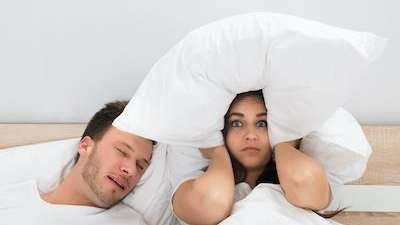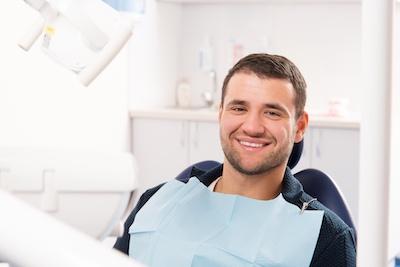
People snore for various reasons, and sometimes it’s only temporary. However, one condition that causes snoring can have significant health consequences without treatment.
Sleep apnea in Aurora, IL, is a common cause of snoring and sudden waking. Additionally, there are different types of sleep apnea, including central, obstructive, and complex, with obstructive being the most common.
Sleep apnea means you stop breathing several times during the night.
Continue reading to learn more about sleep apnea, including the causes, symptoms, and treatment options.
Sleep Apnea Causes
Obstructive sleep apnea may result from anatomical abnormalities in the throat or esophagus, stress, or obesity. Often, there is no definitive cause, but the symptoms alone point to the diagnosis.
Disruptive Sleep: Sleep Apnea Symptoms
Sleep apnea symptoms may include some or all of the following:
- Snoring (the hallmark of sleep apnea)
- Sudden waking
- Daytime sleepiness
- Mood changes
- High blood pressure
- Tooth wear (if related to teeth grinding)
Without treatment, sleep apnea can lead to heart attack and stroke, which is why a sleep study or consultation is so crucial.
Diagnosing and Treating Obstructive Sleep Apnea in Aurora, IL
Your doctor or a sleep specialist can schedule you for a sleep study to monitor you during the night. If you’re diagnosed with the condition, CPAP is the most common treatment.
 CPAP is a machine with a mask. You wear the mask over your nose and mouth, and it delivers continuous airway pressure to promote uninterrupted breathing. However, some patients find the mask cumbersome and difficult to pack in a suitcase for travel.
CPAP is a machine with a mask. You wear the mask over your nose and mouth, and it delivers continuous airway pressure to promote uninterrupted breathing. However, some patients find the mask cumbersome and difficult to pack in a suitcase for travel.
Your dentist in Aurora offers an alternative treatment, a fitted nightguard that gently keeps the back of the throat open during the night. Some patients use this appliance for travel or in conjunction with their CPAP machine. Your dentist will evaluate you to determine whether your level or type of sleep apnea can be treated with a nightguard.
Do You Suspect Sleep Apnea?
If you suspect sleep apnea or notice snoring from a partner or loved one, we urge you to speak with your doctor about a sleep study. If you’ve already been diagnosed and want to schedule a nightguard consultation with the dentist, call (630) 907-0330 to get started.
